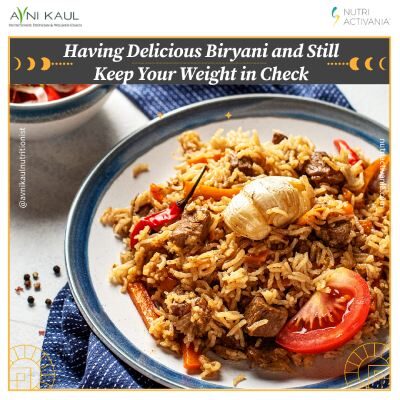Dietician Avni Kaul Explains the Role of Diet for Managing pH Balance
Maintaining a balanced pH level in your body is crucial for optimal health and well-being. While the body has natural regulatory mechanisms to control pH, diet plays an important role in influencing the acid-alkaline balance. By incorporating specific dietary practices, you can support a more alkaline environment and promote overall health. This blog reveals the relationship between diet and pH balance, providing insights into how our food choices can impact our body’s acid-alkaline equilibrium.
Understanding pH Balance:
pH (potential of hydrogen) is a measurement of the acidity or alkalinity of a substance. The pH scale varies from 0 to 14, with 7 considered neutral. Values below 7 suggest acidity, while values above 7 indicate alkalinity. In the human body, various systems and organs have their own ideal pH levels. For example, blood pH is tightly regulated between 7.35 and 7.45 for proper physiological functioning.
The Role of Diet in pH Balance:
Even though diet alone cannot directly alter blood pH, it could influence the overall acid-alkaline balance in the body. The foods one consumes can either be acid-forming or alkaline-forming based on their mineral content and metabolic byproducts. Acid-forming foods boost the body’s acidity while alkaline-forming foods promote a more alkaline environment.
Here are some dietary practices as shared by Delhi’s leading dietician Avni Kaul that can help promote a balanced pH:
Eat a Plant-Based Diet: Eating a variety of fruits, vegetables, legumes, and whole grains could have an alkalizing effect on the body. These foods are high in minerals and antioxidants that can help buffer acidity.
Choose Alkaline-Forming Foods: Include alkaline-forming foods in your diet, like leafy greens, cucumber, broccoli, celery, avocado, and almonds. These foods have a higher pH and can contribute to a more alkaline environment in the body.

Restrict Acid-Forming Foods: Decrease the intake of acid-forming foods, including processed foods, refined sugars, alcohol, caffeine, and excessive amounts of animal protein. These foods might lead to increased acidity in the body.
Stay Hydrated: Drinking a sufficient amount of water helps maintain pH balance by supporting optimal kidney function. Proper hydration leads to the efficient removal of acidic waste products from the body.
Lemon Water: While lemon is acidic in it’s natural form, it has an alkalizing impact on the body when metabolized. Squeezing fresh lemon juice into the water could help promote alkalinity.
Watch out for Portion Sizes: Overeating, irrespective of the food’s acidity or alkalinity, could contribute to digestive disturbances and potentially affect pH balance. Practice mindful eating and portion control.
Consider pH-Neutral Supplements: Some supplements, like certain types of mineral water, black water, or alkaline water, claim to help balance pH levels. However, it is important to consult a qualified dietician before adding any supplements to your routine.
Always remember, that maintaining pH balance is a complex procedure influenced by various factors, including respiratory function, kidney function, and your body’s natural regulatory mechanisms. While diet may play a supportive role, it is essential to pay attention to an overall healthy lifestyle to promote optimal pH balance in the body.




